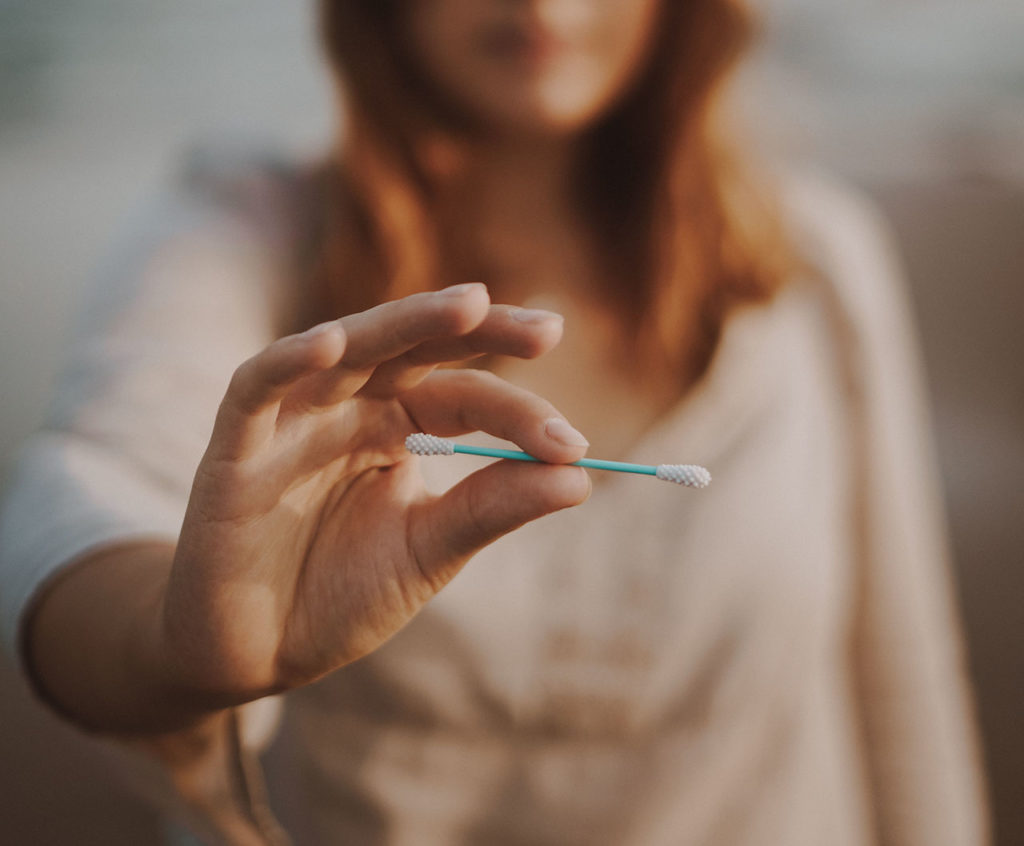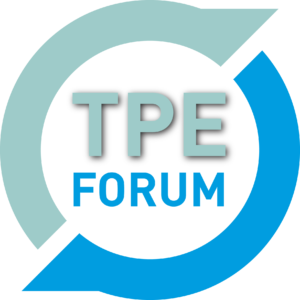The company LastObject has developed reusable cotton swabs for basic and beauty applications. The tip is made of Thermolast M from Kraiburg TPE.
Every day, 1.5 billion cotton swabs are produced worldwide, each to be used only once. And that’s where LastObject’s mission begins: the Danish company aims to promote the “zero waste” movement to make sure that the next generations will also have a clean and healthy world to grow up in. As the first step, this successful Kickstarter project is supplying reusable, hygienic and reliable alternatives to single-use items we use on a daily basis – with great success, they already sold more than 500,000 LastSwabs to customers all over the world. LastObject is thus responding successfully to EU Directive 2019/904, which bans single-use plastic products and will be coming into effect from mid-2021.

The basic requirements for the reusable cotton swab are durability and quick and easy cleaning. Close attention was given to these qualities during the development process. According to the manufacturer, each individual product is designed for up to 1,000 uses. Another requirement was for the product to be skin safe and not cause any irritation when in repeated contact with the skin. It goes without saying that it meets this standard.
In Denmark, Kraiburg TPE is collaborating closely with Teknisk Agentur, a local distribution partner. The choice of material for the flexible, soft tip was a compound from the Thermolast M series. The company said that this compound was also superior to its competitors in relation to processing options, adhesion and look and has the following properties:
- Hardness: approx. 40 Shore A
- Tensile strength: 8.0 MPA
- Elongation at break: 800 %
- Tear resistance: 11.5 N/mm
The compound provides adhesion to polypropylene and polyethylene, high abrasion resistance, weldability and freedom from animal ingredients. It is processed using injection molding and extrusion. The rigid stick is made of polypropylene. The case is made of recycled ocean waste plastic (OWP) from the Danish company Zeaplast who collects plastic from the ocean and rivers in southeast Asia and recycles it. The entire product is molded by AMP, a Danish injection molder.
